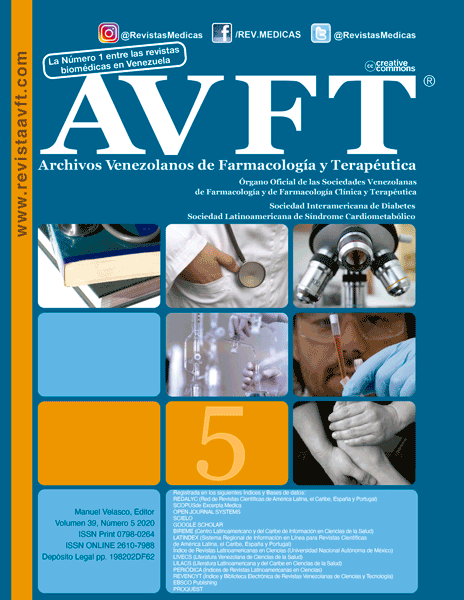Analysis of problem-based learning impact on academic performance according to the forgotten(fuzzy) effects theory
Palabras clave:
Academic performance, forgotten effects, fuzzy logic, Problem-Based Learning, Learning outcomesResumen
In a globalized, demanding, and virtualized environment, uncertainty is part of the academic performance. This condition affects all schools irrespective the education level, size, or location, and therefore the tendency to suffer the consequences of the volatility of phenomena, including the change rate in methodological strategies. In the present work, the factors that motivate the exposure of higher education centres are identified, using a model based on the principles of fuzzy or diffuse subsets, called the Forgotten (fuzzy) Effects. This methodology has allowed the gathering of qualitative information, derived from the appreciation of a group of experts, whose knowledge comes from daily experience. This characteristic gives it the empiricism necessary for a scientific contextualization. It has been found that factors such as a) lack of information, b) poor curricular planning, c) teacher's attitude, though other factors such as the hourly load, the lack of research culture, motivation and the constant changes of public policies, influence the exposure of schools to unforeseen variations of the methodological type.
After determining the factors intervening in academic performance, the Problem-Based-Learning model was applied in the Engineering field; the average of the graduation subjects' examination (taken from 2017 to 2020), and the integration projects, showed 15% improvement in academic performance. This evidences that cause-effect factors such as the very theoretic management, or its contents, do not contribute to the enhancement of the students' graduation profile; neither they offer real solutions to the society.




